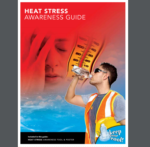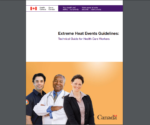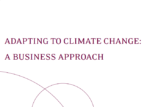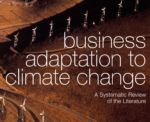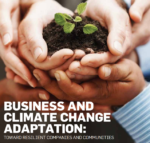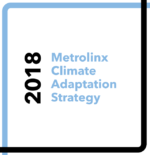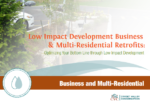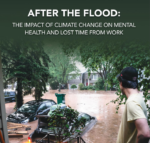Get Prepared
 No business is immune to the growing risks presented by climate change. As rising temperatures and extreme weather continue to shape our economy’s future, business leaders must consider the vulnerabilities they face and respond with strategic risk management plans.
No business is immune to the growing risks presented by climate change. As rising temperatures and extreme weather continue to shape our economy’s future, business leaders must consider the vulnerabilities they face and respond with strategic risk management plans.
The most prevalent risks facing businesses across all sectors are:
- Extreme storms and flooding will continue to overwhelm public infrastructure like storm water management systems, roadways and transit routes.
- Floods, fires, and storms will continue to put private property and assets at risk, and cause insurance premiums to rise.
- Longer and more intense heatwaves will increase demand for air condition and refrigeration, potentially driving up energy bills for business.
- Increase in duration and intensity of heatwaves has consequences on worker health, safety and productivity.
- Increasing droughts, seasonal irregularities and pests puts local and global food systems at risk.
Businesses must determine how they will manage these risks. In response to growing extreme weather conditions, businesses might implement work-from-home policies. They might also establish local sourcing practices and find alternate, backup suppliers to limit the risks of supply chain disruption. Ensuring the safety of employees in a warming climate necessitates reviewing and updating health and safety protocols. Understanding insurance policies and creating emergency preparedness plans as it relates to extreme weather are also vitally important for every sector.
These tools and resources equip businesses to better assess their risks of climate change, and find best practices for building a more resilient future-proof business.




